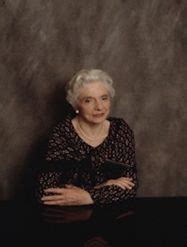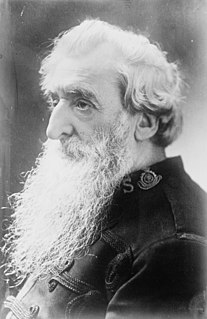A Quote by William Shakespeare
A wretched soul, bruised with adversity, We bid be quiet when we hear it cry; But were we burdened with light weight of pain, As much or more we should ourselves complain.
Related Quotes
A wretched soul, bruised with adversity, We bid be quiet when we hear it cry. But were we burd'ned with like weight of pain, As much or more we should ourselves complain: So thou, that hast no unkind mate to grieve thee, With urging helpless patience wouldst relieve me; But if thou live to see like right bereft, This fool-begged patience in thee will be left.
How much can we ever know about the love and pain in another's heart? How much can we hope to understand those who have suffered deeper anguish, greater deprivation, and more crushing disappointments than we ourselves have known? Even if the world's rich and powerful were to put themselves in the shoes of the rest, how much would they really understand the wretched millions suffering around them? So it is when Orhan the novelist peers into the dark corners of his poet friend's difficult and painful life: How much can he really see?
The agony of martyrdom is almost too much to bear. In the early hours, when the loss is fresh, there is no comfort in knowing Glory will live on. We speak of the martyrs in History but we cannot know the actual pain they suffered in their final living hours. They enter the realm of the mythic, but we must never forget these were men like ourselves. When their flesh is torn, they cry out. They suffer as you or I would suffer, although more bravely. Remember Christ. Although I am now an enemy to Joseph's legacy, I shudder when recalling his pain.
It was inevitable: Yankel fell in love with his never-wife. He would wake from sleep to miss the weight that never depressed the bed next to him, remember in earnest the weight of gestures she never made, long for the un-weight of her un-arm slung over his too-real chest, making his widower's rememberences that much more convincing and his pain that much more real.
"It is light that reveals, light that obscures, light that communicates. It is light I "listen" to. The light late in the day has a distinct quality, as it fades toward the darkness of evening. After sunset there is a gentle leaving of the light, the air begins to still, and a quiet descends. I see magic in the quiet light of dusk. I feel quiet, yet intense energy in the natural elements of our habitat. A sense of magic prevails. A sense of mystery. It is a time for contemplation, for listening - a time for making photographs. "
Any life he'd ever heard of, his own included, was burdened with emotions - love, loss, jobs, jealousy, money, death, pain. But if you were Jewish, always there was this extra one, the added pull at your endurance, the one more thing. There was that line in Thoreau about 'quiet desperation' - that was indeed true of most men. But for some men and women, for some fathers and mothers and children, the world still contrived that one extra test, endless and unrelenting.






































